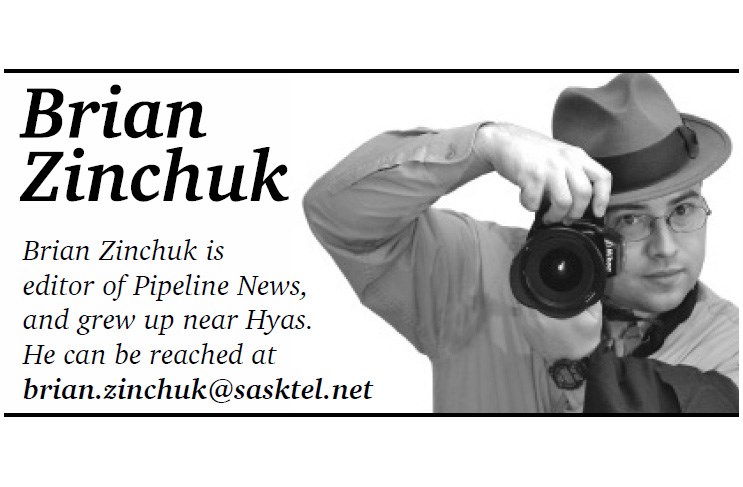One of the contentious issues in this federal election has been our country’s economic reliance on oil. Now that oil is in the tank, price-wise, some people are questioning if it was so wise to put so much of our economy in this fickle industry.
Indeed, NDP Leader Thomas Mulcair said, “Stephen Harper hasn’t just put all our eggs in one basket – he’s dropped the basket.”
That’s a curious notion. The implication here is that we depend so much on oil now, when it drops, the whole economy drops. Therefore one would infer we shouldn’t have so much of our economy dependent on oil.
We’ve heard this song before. In Saskatchewan, since the province’s founding, the key industry has always been wheat – “King wheat.” We’re the breadbasket, they said. Well that’s great. What happens when world markets don’t want to pay more than a pittance, when rail or dockworkers go on strike?What about when wheat midge decimates crops?
Diversify, we were told. Different crops – canola, faba beans, lentils, canary seed – anything but wheat. So we have, and we’ve had some success in that regards. But it’s still farming, and drought, flood, pestilence, hail or frost, all put the crops at risk. And since farming is so much more efficient, with giant tractors, air seeders and combines, hardly any people are needed to farm anymore, so a lot of people needed to find other work.
What about mining? We developed, in Saskatchewan, a world-leading potash sector. In Alberta, they mine for oil, in these things called the oilsands. Hey, it’s not wheat.
Canada’s economy has, for generations, been dependent upon industries like agriculture, forestry, mining, fishing and manufacturing. We’ve already talked about the perils of agriculture. What happens when softwood lumber policies and a shift to paperless offices shut down mills across the country? When was the last time you heard of a new forestry-related mill opening, anywhere in the country?
What about when the cod disappear? And finally, when the big automakers shut down factories in Ontario and reopen in Mexico, what then? There’s hardly any auto sector left in this country, compared to a few decades ago.
Yet it was precisely then that we started seeing a diversification in this country, not to different crops, but to a much more powerful industry – oil. My stepdad worked in Fort McMurray in the 1970s when the oilsands were first being developed. This was an entirely new industry. No one had done this before. Conventional oil production, at the time, was thought to be doomed to wither and die (remember “peak oil?). The oilsands allowed us to exploit what was hitherto a non-factor. Now they’re considered the third largest reserves of petroleum in the world.
Similarly, Newfoundland was the economic basket case since it joined confederation due to its reliance on fishing. Off-shore oil development, from just a handful of platforms, mind you, made Newfoundland a have province.
Diversification? What did we have left when the local pulp mill closed, the last cod boat tied up to the wharf, and the last Sterling truck rolled off the line? Thank God we did have the petroleum industry to buoy this economy. We can’t all work at Starbucks or Tim Hortons. Every Canadian can’t work in the service industry. The oil industry has been the diversification from the drawers of water and hewers of wood stereotypes we needed, as those sectors collapsed. Oil is what has kept the people, and the province, of Newfoundland and Labrador afl oat. Oil is what built Calgary and Edmonton into million-people-plus cities.
Was it wrong to develop the most valuable, versatile, sought-after commodity on the planet, one that we have more of than almost anyone else?
Or should we just leave it in the ground, and hope some-thing better will come along?




